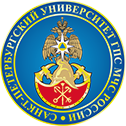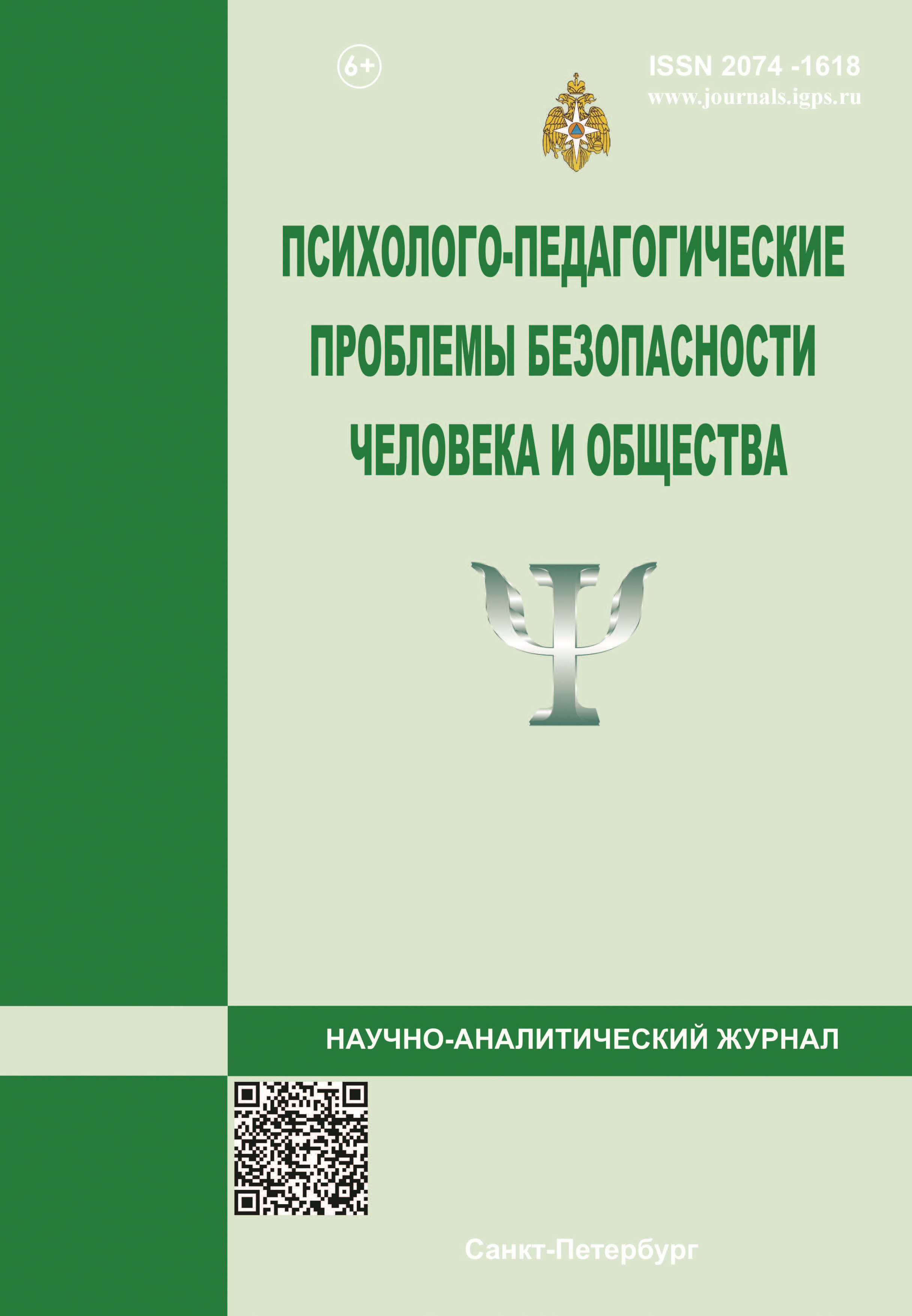Russian Federation
Russian Federation
Russian Federation
The features of the formation of the content of the academic discipline, namely the selection, transformation, structuring and transformation of scientific knowledge into educational material and its methodological processing and modeling, are considered. The basic principles of the formation of the teaching content are shown, as well as the traditional method of designing an academic discipline and based on an activity-based approach. The matrix of interdisciplinary connections of the discipline and the selection of tasks and tasks aimed at consolidating theoretical knowledge and the formation of skills and abilities are displayed.
content of the academic discipline, structural elements, linear, concentric, spiral and mixed structures, activity approach, matrix of inter-system connections, educational tasks and assignments, thesaurus and semantic units
1. Latyshev O.M., Troyanov O.M., Reva Yu.V. Osnovnye napravleniya optimizacii processa obucheniya v vysshej shkole // Nauch.-analit. zhurn. «Vestnik S.-Peterb. un-ta GPS MCHS Rossii». 2018. № 3. S. 97–108.
2. Greshnyh A.A., Reva Yu.V. Primenenie metodov problemnogo obucheniya v prepodavanii uchebnyh disciplin // Nauch.-analit. zhurn. «Vestnik S.-Peterb. un-ta GPS MCHS Rossii». 2020. № 4. S. 207–210.
3. Reva Yu.V. Metodika podgotovki i provedeniya seminarskogo zanyatiya // Psihologo-pedagogicheskie problemy bezopasnosti cheloveka i obshchestva. 2018. № 4. S. 41–48.
4. Dmitrieva E.Yu., Demcura S.S., Mihajlova V.V. Osobennosti formirovaniya professional'nogo myshleniya psihologa special'noj deyatel'nosti v usloviyah obrazovatel'nogo processa // Sovremennoe pedagogicheskoe obrazovanie. 2022. № 1. S. 23–26.
5. Kahveci A. Assessing high school students’ attitudes toward chemistry with a shortened semantic differential // Chemistry Education Research and Practice. 2015. № 16. P. 283–292.
6. Mihajlov V.A., Mihajlova V.V., Goryacheva M.O. Formirovanie soznatel'nogo optimizma u budushchih komandirov (nachal'nikov) pozharno-spasatel'nyh podrazdelenij // Nauch.-analit. zhurn. «Vestnik S.-Peterb. un-ta GPS MCHS Rossii». 2022. № 1. S. 153–160.
7. Medvedeva L.V., Permyakov A.A., Kuz'min A.A. Pedagogicheskaya model' kursovogo proektirovaniya na didakticheskoj osnove delovoj igry // Nauch.-analit. zhurn. «Vestnik S.-Peterb. un-ta GPS MCHS Rossii». 2016. № 2. S. 127–131.
8. Mihajlov V.A., Mihajlova V.V. Osobennosti adaptacii molodyh prepodavatelej obrazovatel'nyh organizacij vysshego obrazovaniya MCHS Rossii k professional'noj deyatel'nosti v oblasti pozharnoj bezopasnosti // Aktual'nye problemy obespecheniya pozharnoj bezopasnosti i zashchity ot chrezvychajnyh situacij: materialy Vseros. nauch.-prakt. konf. Zheleznogorsk, 2021. S. 649–652.
9. Andriyanc Ya.A., Malygina E.A. Teoreticheskie aspekty razvitiya kommunikativnoj kompetentnosti u kursantov v processe professional'noj podgotovki // Problemy upravleniya riskami v tekhnosfere. 2013. № 4 (28). S. 119–123.
10. Mihajlov V.A., Mihajlova V.V. Diagnostika kognitivnyh sposobnostej obuchayushchihsya k upravleniyu strukturnymi podrazdeleniyami // Psihologo-pedagogicheskie problemy bezopasnosti cheloveka i obshchestva. 2019. № 1 (42). S. 31–33.






